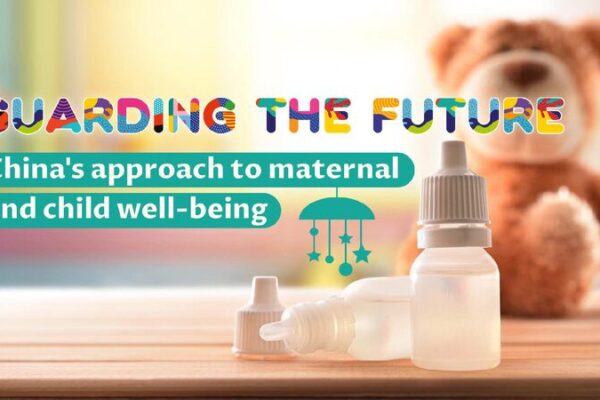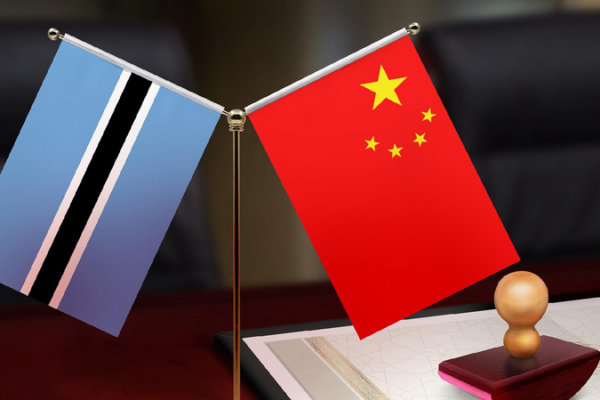Global health funding cuts are placing millions of mothers and newborns in Africa at risk, the World Health Organization (WHO) warned on Monday. Speaking at the World Health Day commemoration in Gaborone, Botswana’s capital, Juliet Bataringaya, the officer in charge of WHO Botswana, highlighted the alarming impact of underfunded health systems.
“Infrastructure gaps and workforce shortages are widening health disparities, disproportionately affecting women and children,” Bataringaya stated. She emphasized that essential programs and medical research focused on maternal and child health are already being scaled back due to shrinking budgets.
According to Botswana’s Ministry of Health, the country’s maternal mortality ratio was 175.5 deaths per 100,000 live births in 2022. This figure is significantly higher than the WHO’s 2030 target of 70. Historical data shows fluctuating rates between 127 and 240 deaths since 2015, underscoring persistent challenges.
Acting Minister of Health Lawrence Ookeditse stressed the urgency of addressing these issues. “We need to expand antenatal care, promote safe deliveries, enhance HIV testing, and improve the management of pregnancy-related complications,” he said.
Botswana’s efforts to reduce maternal mortality are becoming increasingly difficult amid declining global health funding. Stakeholders are calling for sustained investment, policy prioritization, and strengthened grassroots health interventions to protect vulnerable populations and meet international health goals.
World Health Day, observed annually on April 7, marks the anniversary of the WHO’s founding and aims to raise awareness of pressing global health issues. The 2025 campaign focuses on maternal and newborn survival under the theme “Healthy Beginnings, Hopeful Futures.”
Reference(s):
WHO warns funding cuts threaten maternal, newborn health in Africa
cgtn.com








